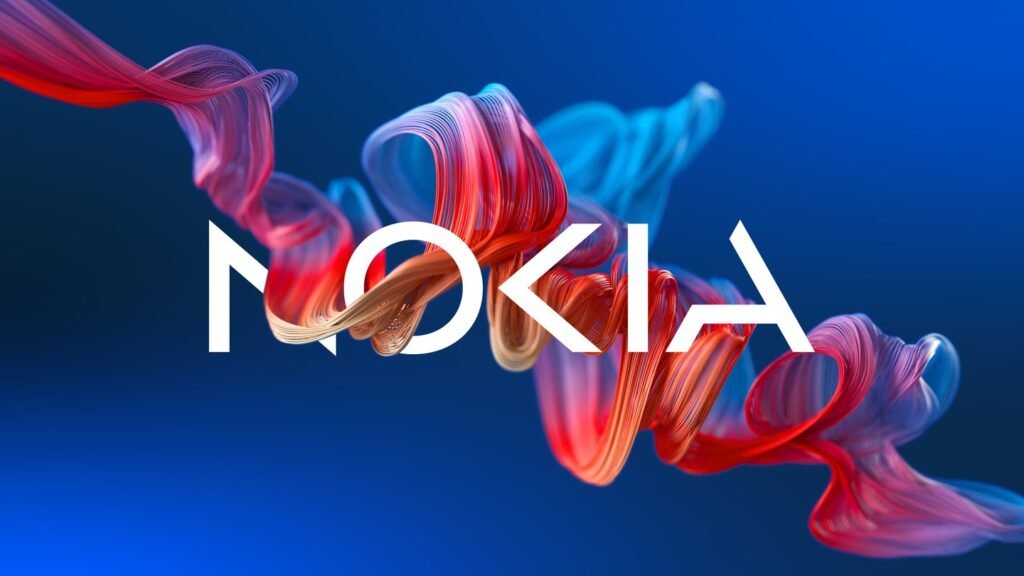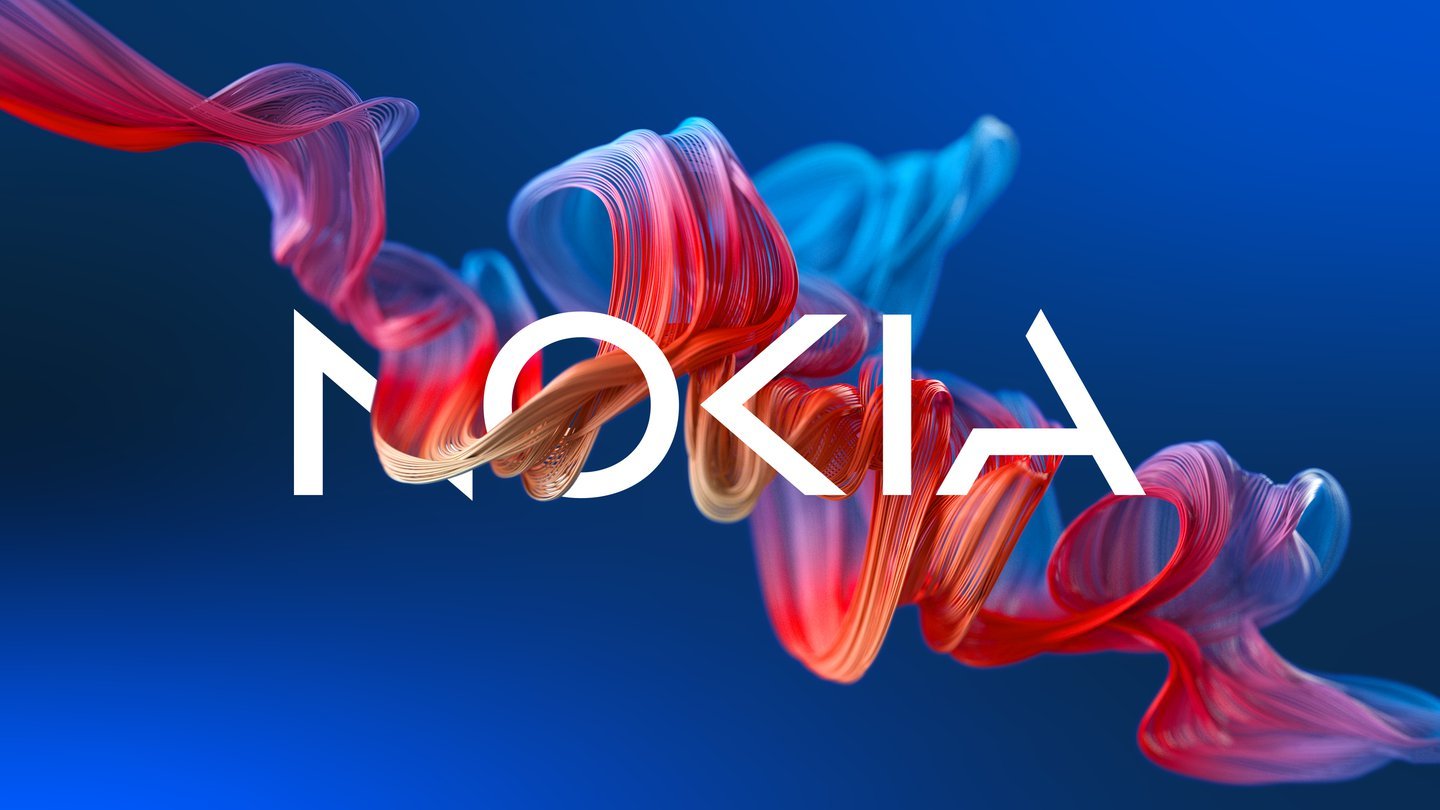
In the annals of telecommunications history, few names evoke as much nostalgia and reverence as Nokia. From its origins as a modest paper mill in Finland to its reign as the world’s leading mobile phone manufacturer, Nokia has left an indelible mark on the industry, shaping the way we communicate, connect, and navigate the digital world. In this exploration, we delve into the storied journey of Nokia, tracing its evolution, celebrating its milestones, and examining its enduring legacy in the ever-changing landscape of technology.
Foundations and Early Innovation:
Nokia’s roots can be traced back to 1865 when Fredrik Idestam established a pulp mill on the banks of the Tammerkoski rapids in southwestern Finland. Over the years, Nokia diversified its operations, expanding into various industries, including rubber, cable, and electronics. However, it wasn’t until the late 20th century that Nokia made its foray into telecommunications, setting the stage for its meteoric rise to prominence.
In the 1980s, Nokia recognized the potential of mobile communications and invested heavily in research and development, laying the groundwork for its entry into the mobile phone market. In 1987, Nokia launched its first handheld mobile phone, the Mobira Cityman 900, heralding the beginning of a new era in telecommunications.
Dominance in the Mobile Market:
Throughout the 1990s and early 2000s, Nokia solidified its position as the global leader in mobile phone manufacturing, capturing the imagination of consumers with a diverse portfolio of innovative devices. From the iconic Nokia 3310, known for its durability and long battery life, to the groundbreaking Nokia 8110, immortalized in the film “The Matrix,” Nokia’s phones became synonymous with reliability, quality, and cutting-edge technology.
Moreover, Nokia’s contributions to mobile technology extended beyond hardware, with the company playing a pivotal role in the development of GSM standards, which laid the foundation for the modern mobile network infrastructure. As a result, Nokia’s influence permeated every aspect of the mobile ecosystem, from devices and networks to software and services.
Challenges and Transformation:
However, Nokia’s reign at the top of the mobile market was not without its challenges. In the late 2000s, the emergence of smartphones powered by operating systems such as iOS and Android disrupted the industry, posing a formidable threat to Nokia’s dominance. Despite initially embracing the Symbian operating system, Nokia struggled to keep pace with the rapid advancements in smartphone technology, leading to a decline in market share and profitability.
In 2011, Nokia made a strategic decision to transition its smartphone business to Microsoft’s Windows Phone platform, culminating in the release of devices such as the Nokia Lumia series. While these devices garnered praise for their innovative design and user experience, they failed to regain Nokia’s lost momentum in the smartphone market.
Resurgence and Renewed Focus:
Following the sale of its smartphone business to Microsoft in 2014, Nokia embarked on a new chapter in its storied history, refocusing its efforts on telecommunications infrastructure, network equipment, and patent licensing. Leveraging its extensive portfolio of intellectual property and expertise in wireless technology, Nokia positioned itself as a leading provider of 5G infrastructure solutions, playing a critical role in the global rollout of next-generation networks.
Moreover, Nokia continued to innovate in other areas of telecommunications, including optical networking, cloud computing, and Internet of Things (IoT) solutions. By diversifying its offerings and embracing emerging technologies, Nokia reaffirmed its status as a trailblazer in the ever-evolving landscape of telecommunications.
Legacy and Future Prospects:
As Nokia celebrates its rich legacy and looks to the future, the company remains committed to driving innovation, fostering collaboration, and empowering connectivity for billions of people around the world. With a renewed focus on 5G, cloud-native solutions, and digital transformation, Nokia is poised to play a central role in shaping the next phase of the telecommunications revolution.
Moreover, Nokia’s commitment to sustainability, corporate responsibility, and ethical business practices underscores its dedication to making a positive impact on society and the environment. By aligning its business strategies with the United Nations Sustainable Development Goals, Nokia is working to create a more inclusive, equitable, and sustainable future for generations to come.
In conclusion, Nokia’s journey from a humble paper mill to a global telecommunications powerhouse is a testament to its resilience, innovation, and enduring legacy. As Nokia continues to evolve and adapt to the ever-changing dynamics of the digital age, one thing remains certain: Nokia’s pioneering spirit and commitment to connectivity will continue to shape the future of telecommunications for years to come.










